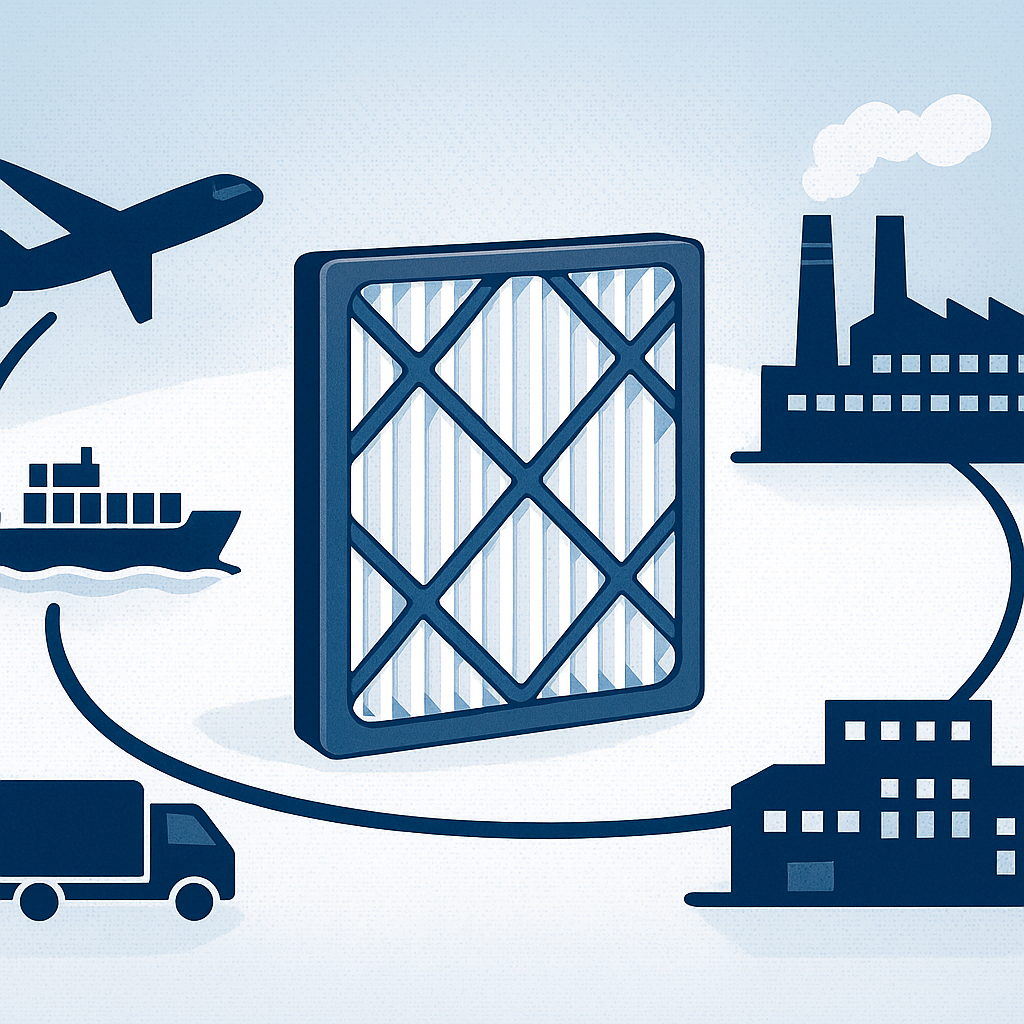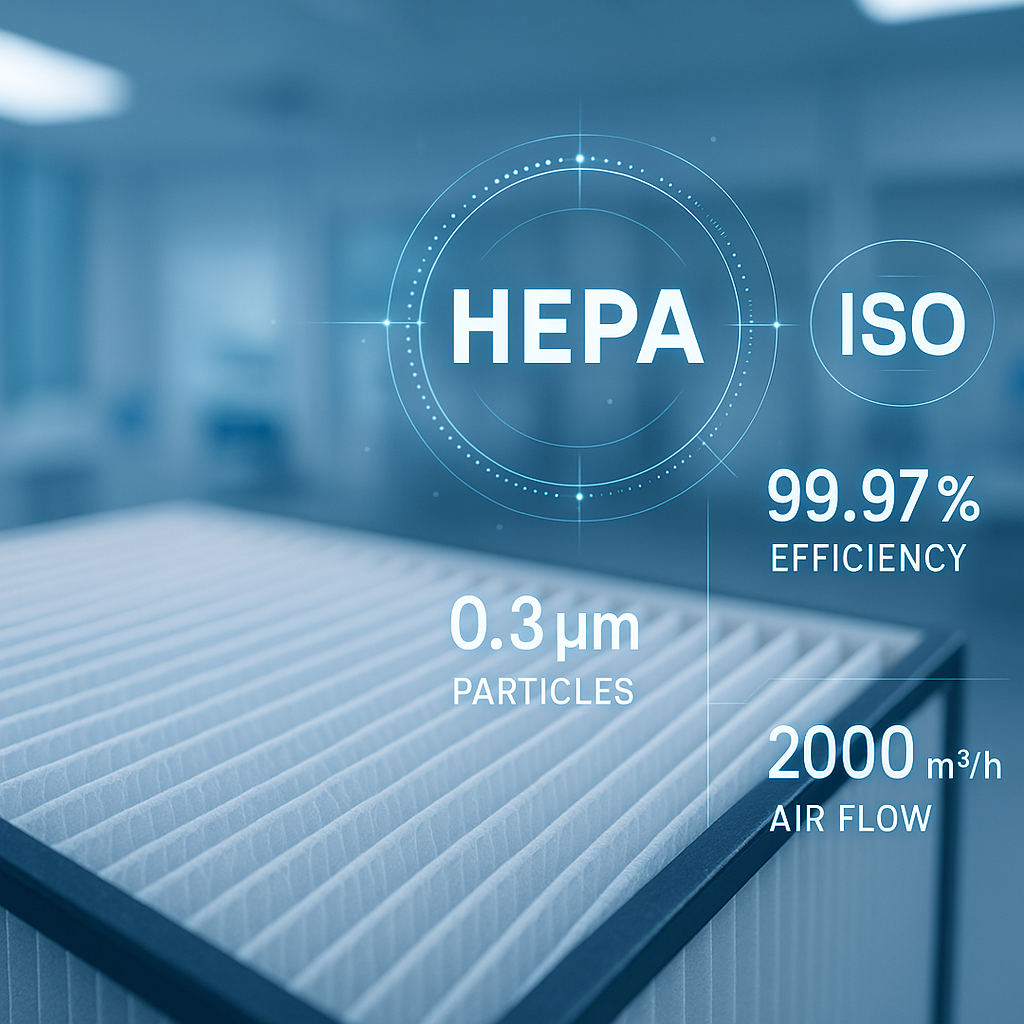#Solution ·2025-05-07
1. The Evolution of Air Purifiers: From Basic Filtration to Smart Home Integration
The air purifier industry has seen significant advancements, evolving from basic filtration systems to sophisticated smart devices. Today, air purifiers are not only designed to improve indoor air quality but also integrate seamlessly with smart home ecosystems. This integration allows for enhanced user convenience, real-time air quality monitoring, and automated operation. Innovations such as voice control via virtual assistants, air quality sensors, and AI-driven customization are transforming how consumers interact with their air purifiers. As the demand for smart home solutions continues to rise, the air purifier market is expected to witness substantial growth, with a projected CAGR of 10.1% from 2024 to 2032.
2. Eco-Friendly Air Purifiers: A Sustainable Approach to Clean Air
With increasing environmental awareness, there is a growing demand for eco-friendly air purifiers that minimize their ecological footprint. Manufacturers are now using sustainable materials like bamboo, coconut fiber, and biodegradable filters to create air purifiers that are both effective and environmentally friendly. Brands like Briiv and ByMossy are leading the way with their innovative designs that use natural materials and reduce plastic waste. These eco-friendly air purifiers not only help in maintaining clean indoor air but also contribute to a healthier planet.
3. The Impact of Air Purifiers on Indoor Air Quality and Health
Poor indoor air quality can lead to a range of health issues, from respiratory problems to cardiovascular diseases. Portable air purifiers have been shown to reduce particulate matter (PM2.5) by up to 92%, resulting in short-term health benefits such as improved blood pressure, respiratory parameters, and pregnancy outcomes. As the awareness of indoor air quality grows, air purifiers are becoming essential devices in homes, schools, and offices. This article will explore the various health benefits of using air purifiers and the importance of maintaining clean indoor air for overall well-being.
4. The Role of Air Purifiers in Commercial and Industrial Settings
Air purifiers play a crucial role in commercial and industrial environments, where air quality can significantly impact the health and productivity of employees. The global industrial air purifier market is projected to grow at a CAGR of 7.09% from 2022 to 2030, driven by factors such as economic impact of degrading air quality and rising health concerns. In commercial applications, air purifiers help in creating a safe and comfortable indoor environment, particularly in sectors with high pollutant concentrations. This article will delve into the latest trends and technologies in industrial air purifiers, including electrostatic precipitators, nanostructured catalysts, and bio-based designs.
5. The Future of Air Purifiers: Innovations and Emerging Technologies
The future of air purifiers is promising, with ongoing innovations and emerging technologies set to revolutionize the industry. Advanced filtration systems, such as HEPA filters and UV-C light purification, are becoming more prevalent, offering enhanced air cleaning capabilities. Additionally, the integration of IoT and AI technologies is expected to further enhance the functionality of air purifiers, making them more intelligent and user-friendly. This article will discuss the upcoming advancements in air purifiers, including smart home integration, AI-driven customization, and invisible designs that blend with HVAC systems, and how these innovations will shape the future of indoor air quality management.

2025-08-12

2025-08-08

2025-08-07
No. 69, Qiguan West Road, Dongqu District Zhongshan Guangdong China

WeChat customer